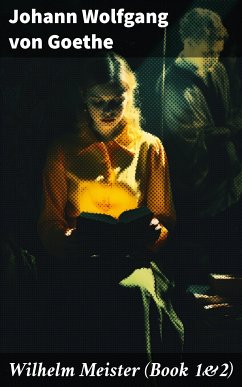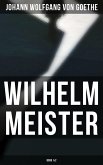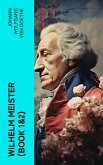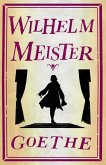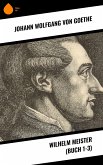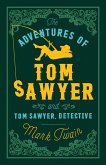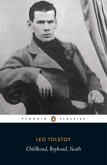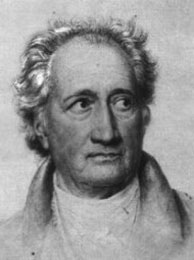In 'Wilhelm Meister (Book 1&2),' Johann Wolfgang von Goethe crafts a rich narrative that weaves the themes of self-discovery, artistic ambition, and social responsibility through the lens of a young protagonist's journey. This bildungsroman explores Wilhelm's transition from a superficial desire for theatrical fame to a profound understanding of life's complexities. Goethe employs a blend of prose and verse, reflecting the Romantic literary style of his time, while addressing broader cultural and philosophical discourses, notably the burgeoning ideas of individualism and the role of the artist in society. The novel's intricate character development and symbolic motifs highlight the tensions inherent in the human experience, solidifying its place in the canon of German literature. Goethe, renowned for his contributions to literature and philosophy, drew upon his own life experiences when writing 'Wilhelm Meister.' His engagement with the theater, coupled with his friendships with influential thinkers and artists of the era, informed the novel's exploration of creative aspiration and identity. The autobiographical undertones reflect his struggles and aspirations, illustrating his keen understanding of the complexities that shape one's path in life. Readers seeking a profound exploration of personal growth and artistic integrity will find 'Wilhelm Meister (Book 1&2)' to be an enriching experience. Goethe's masterful prose invites introspection while engaging with timeless questions of purpose and fulfillment. This seminal work not only captivates with its narrative depth but also encourages readers to contemplate their own journeys toward self-realization.
Dieser Download kann aus rechtlichen Gründen nur mit Rechnungsadresse in A, B, BG, CY, CZ, D, DK, EW, E, FIN, F, GR, H, IRL, I, LT, L, LR, M, NL, PL, P, R, S, SLO, SK ausgeliefert werden.

